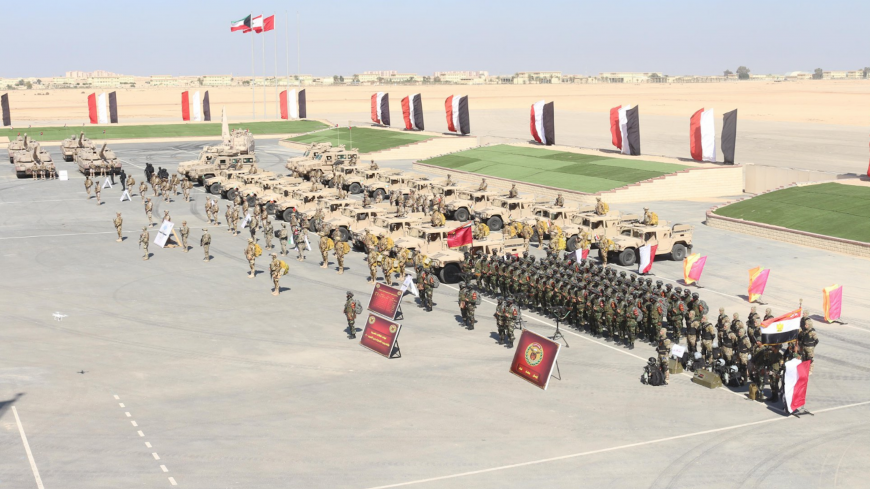West Asia, usually referred to as the middle east by the western gazettes, is generally viewed as a place of civil unrest and pandemonium with factions warring against each other either cold, proxy, or head-on. Further, it is perceived as the home to terrorism mixed with Islamist and conservation fervour, which usually end nation and states failing, governments falling and displaced citizens and refugees that rush to EU/neighbouring nations.
Regardless of the thought has some truth, the twenty-two Arab nations, 400 million strong, follow the same religion, albeit with different sects and beliefs. Though many of them are pitted against each other, now it’s always wasn’t the case. A movement of united Arabs called Pan-Arabism in the 1960s focused on integrating the Arab nation politically and socially with the idea of one Arab nation. Even though it may not have seen the light of day, the picture may have been revived repeatedly in 2015 and 2017.

The recent speculation of a revival involved the US and King of Jordan bid to create a defensive pact much like NATO with the same goal. Akin to Russia for NATO, the middle east’s aggressive neighbour Iran is not the most welcoming friend they have to share their border with. Further on, Israeli ministers want to confirm such an alliance, and Egypt has been allegedly holding secret meetings with the rest of the world, which the US mediates.

Without a doubt, such discussions are being held due to Iran’s announcement of being at the cusp of nuclear warhead technology and the U.S.’s seemingly benign demeanour as they have pulled out of the region. Israel has constantly been fending itself off multiple times from Egypt, Jordan, Palestine etc., with little to no recognition as a nation. However, a monumental shift has occurred with 5 Arab countries recognising Israel.
But what further concerns not just the Middle East but the world is the current Russo-Ukrainian conflict, countries are scrambling to get into N.A.T.O., and the Arab world is militarily checked and has to shore up their defences in case of an attack. Though it would be harder to pinpoint whether, similar to N.A.T.O. whether Israel would be comfortable in sharing their military technology and doctrines, which have helped them to survive, and religious differences could be kept aside. The status quo has been upturned and geopolitical moves of unification of one kind, or another is required.

